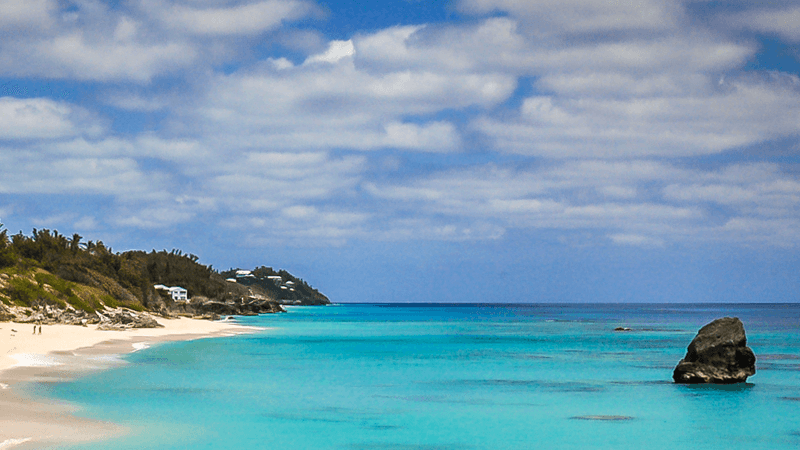Laws affirming that marriage is between one man and one woman have been protected in two British overseas territories.
In separate rulings, the Judicial Committee of the Privy Council (JCPC) dismissed claims that Bermuda and the Cayman Islands should recognise same-sex marriage.
The JCPC is the highest court of appeal for the United Kingdom Overseas Territories, six of which – including Bermuda and the Cayman Islands – uphold traditional marriage in law.
Male and female
According to Section 53 of the Domestic Partnership Act 2018 in Bermuda “a marriage is void unless the parties are respectively male and female”.
LGBT activists claimed the restriction was invalid, a claim upheld by the country’s lower courts.
But the JCPC dismissed the case by a four-to-one majority, stating that the Government of Bermuda was under no “obligation to give legal recognition to same-sex marriage”.
‘Husband and wife’
Ms Chantelle Day and Ms Vickie Bodden Bush appealed to the JCPC after the highest court in the Cayman Islands declared that same-sex couples did not have the constitutional right to marry in the territory.
Caymanian marriage law defines marriage as “the union between a man and a woman as husband and wife”.
The JCPC dismissed the case. In a written judgment the justices agreed with the earlier Cayman Island Court of Appeal ruling, that the Constitution “does not confer a right on same-sex couples to marry and have their marriage recognised in law”.
Dinah Rose QC represented the Government of the Cayman Islands, prompting threats from LGBT activists.
Real marriage
In 2018, Bermuda became the first country in the world to repeal same-sex marriage.
The first US state to repeal same-sex marriage was California, where voters overturned a state Supreme Court decision that backed the redefinition of marriage in 2008.
However, the referendum decision was itself overturned by the courts in 2013.
Case dismissed: Challenge to Ashers ruling thrown out by ECtHR
Church in Wales’ push for same-sex marriage ‘contrary to God’s revelation’


